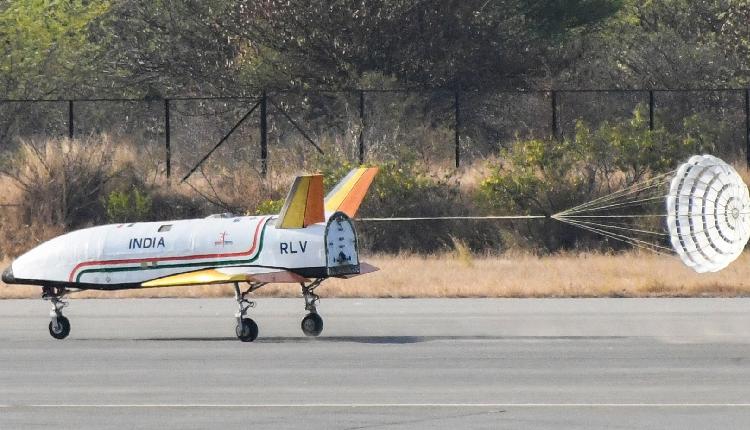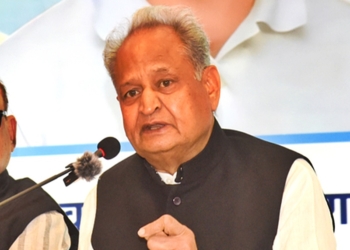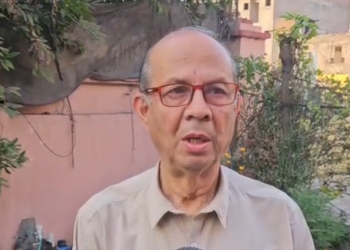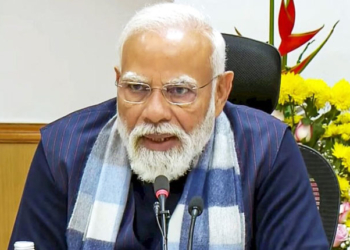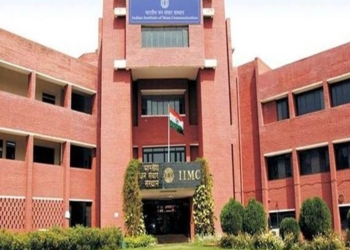Chennai: The Indian space agency seems to have undergone a change of heart while naming its launch vehicle. From long-winded rocket names to shorter impressive ones, has opted for ‘Pushpak’ as the ID for its reusable launch vehicle.
For a long time, ISRO has been naming its rockets with names like Polar Satellite Launch Vehicle, Geosynchronous Satellite Launch Vehicle (GSLV) and Small Satellite Launch Vehicle (SSLV). Interestingly rockets by foreign space agencies have shorter names, which are easy to remember and build as a brand.
“Even the rocket Ariane belonging to European space agency Arianespace gets its name from a French mythological character Ariadne,” a retired senior ISRO official told IANS preferring anonymity.
He said the Chinese and Russian rockets — Long March and Soyuz respectively — got their names from their ideologies and history.
Interestingly, India’s first sounding rocket was named as Rohini after the star. The rocket was made for meteorological and atmospheric studies.
Later the rockets bore long winding names based on the orbit where they put the satellites like Polar Satellite Launch Vehicle (polar orbit – PSLV) and GSLV (geosynchronous orbit).
India also named its initial satellites after Aryabhatta, famous mathematician-astronomer, and mathematicians Bhaskara I and Bhaskara II.
Sometime later, the thinking within ISRO changed. The satellites were named in line with the purpose for which they were launched and now have a generic name.
ISRO has changed the naming of its earth observation satellites as EOS tagged with a serial number 1, 2, 3 and others.
A noticeable change in the naming happened with the Indian satellite navigation system. Initially named as the Indian Regional Navigation Satellite System (IRNSS) it was finally renamed as NavIC — taking the first three letters from the word navigation and first two letters from the words ‘Indian Constellation’.
The word ‘navik’ also means ‘sailor’ in Sanskrit.
“It is time to look into our scriptures, culture and come up with a name that would signify features of the new rocket and its power,” former ISRO Chairman G. Madhavan Nair had told IANS earlier.
The Indian radar imaging satellite RISAT was first proposed to be named as ‘Sanjay’ after Sanjaya in Mahabharata who had the divine vision and narrated the happening in the battlefield to his blind King Dhritarashtra in the palace.
“I had proposed to name RISAT as ‘Sanjay’ after the character in the Indian epic Mahabharata. However, the idea was shot down,” Tapan Misra, Founding Director and Chief Scientist, Sisir Radar Private Ltd had told IANS.
Misra was earlier Director at the Space Applications Centre of ISRO. He was the brain behind the Indian space agency’s RISAT series of SAR satellites as well as the Dual Frequency SAR on the Chandrayaan 2 orbiter.
(IANS)




